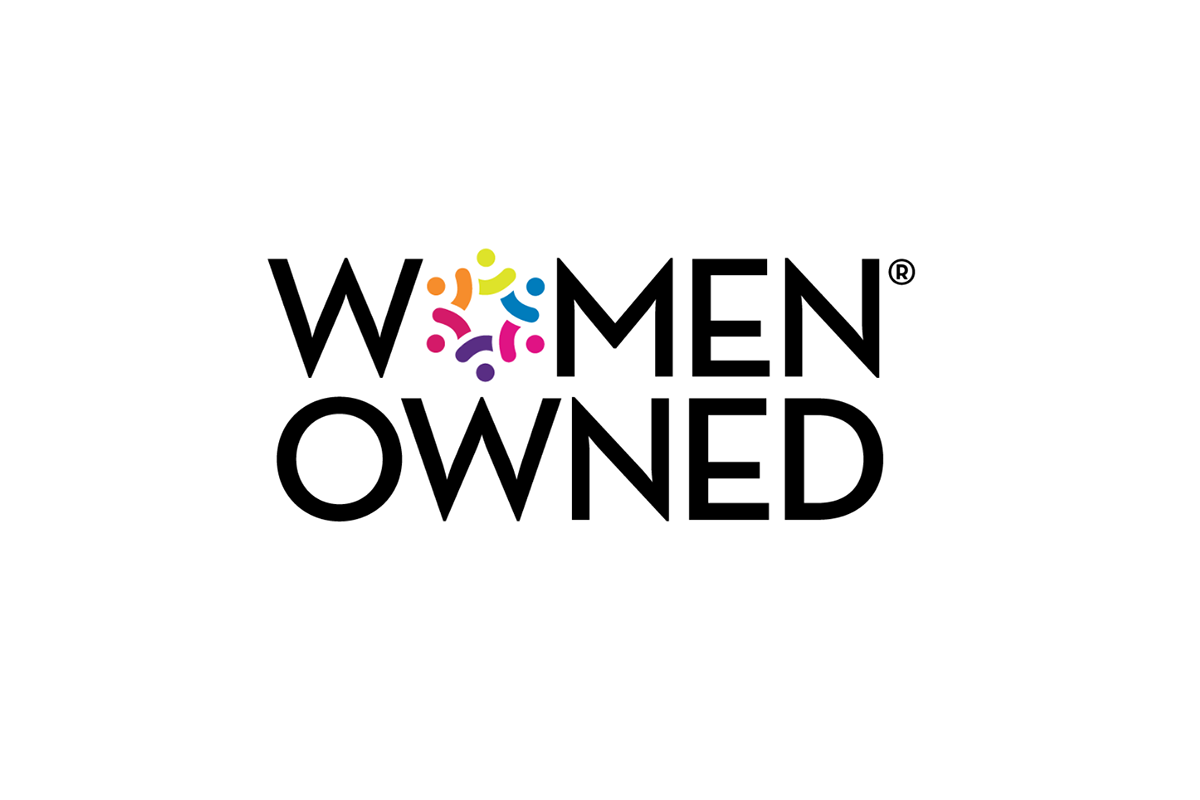Explore Our Insights

Maximizing ROI with Power BI in Your Organization
In the ever-evolving landscape of business intelligence (BI), Microsoft’s Power BI stands out as a leading tool that empowers organizations to make data-driven decisions. In this post, we’ll explore how your organization can maximize ROI by integrating Power BI into your organization’s analytics strategy.

Power BI and Big Data: Strategies for Managing Large Datasets
Managing big data in Power BI requires strategic planning to ensure efficient performance and insightful analytics. This blog post delves into best practices for handling big data within Power BI, highlighting critical data management and performance optimization strategies.

Harnessing the Power of AI with Power BI for Transformative Business Insights
In the rapidly evolving landscape of business intelligence (BI) and data analytics, integrating artificial intelligence (AI) with powerful BI tools like Microsoft’s Power BI is revolutionizing how organizations harness data for strategic decision-making. Power BI, renowned for its robust data visualization, analytics, and reporting capabilities, has become even more potent with AI enhancements. This combination […]

Understanding AI and Data Dependency
Defining Artificial Intelligence Artificial Intelligence: A Data-Dependent Technology Artificial Intelligence (AI) represents a significant technological leap, allowing machines to emulate human intelligence. This emulation encompasses learning from experiences, adapting to new inputs, and executing tasks that typically necessitate human cognitive abilities. At the heart of AI’s capability is its intrinsic dependence on data. This reliance […]

The Vital Role of Data in AI Adoption
Explore the transformative role of data in AI adoption with our latest blog post. Learn how high-quality, diverse data underpins successful AI implementation, enhancing business strategies and operations. We discuss the complexities of AI integration and offer insights on overcoming data challenges for effective use. Ideal for mid-market businesses aiming to leverage AI for growth and competitiveness.

The Role of AI in Data Analytics: Transforming Data into Decisions
The field of data analytics has undergone a major transformation with the integration of artificial intelligence (AI). With the ability to analyze large and complex datasets, AI has revolutionized decision-making processes and opened doors for innovation.

Data Governance and Compliance – Part #6
In the journey of breaking down data silos, mid-market companies not only enhance collaboration and data accessibility but also need to establish a robust framework for data governance and compliance.

Implementing Change – Part #5
Implementing the process of breaking down data silos is a multifaceted endeavor that demands careful planning, execution, and unwavering commitment. In this chapter, we explore the essential steps and strategies that mid-market businesses can employ to effectively implement the transformation required to free their data from silos.

Technological Solutions for Data Silos – Part #4
Embracing Integration In the relentless battle against data silos, technology emerges as a powerful ally, capable of dismantling barriers, connecting disparate data sources, and fostering an environment where information flows seamlessly. From the earliest days of computing, technology has been leveraged to aggregate and analyze data, driving insights and powering decision-making. Today, with the advent […]

The Role of Organizational Culture – Part #3
This article, part of our Data Silos series, addresses how shifting organizational culture from isolation to collaboration can dismantle knowledge hoarding and promote sharing. It emphasizes leadership, communication, and strategic changes as key to transforming workplaces into environments where data is a shared asset, driving innovation and growth. The piece underscores the importance of cultural change alongside technological solutions in breaking down silos for a more collaborative future.

Data Ideology Achieves Prestigious WBENC Certification as a Women-Owned and Operated Business
Data Ideology in Pittsburgh, PA, has been certified as a Women’s Business Enterprise by WBENC as of January 30th, 2024. This certification celebrates the company’s female leadership and commitment to diversity in tech. Achieving WBENC status validates Data Ideology’s majority women ownership and opens up new partnership opportunities. Leadership views this as a crucial step in promoting inclusivity and supporting women in the technology sector.
